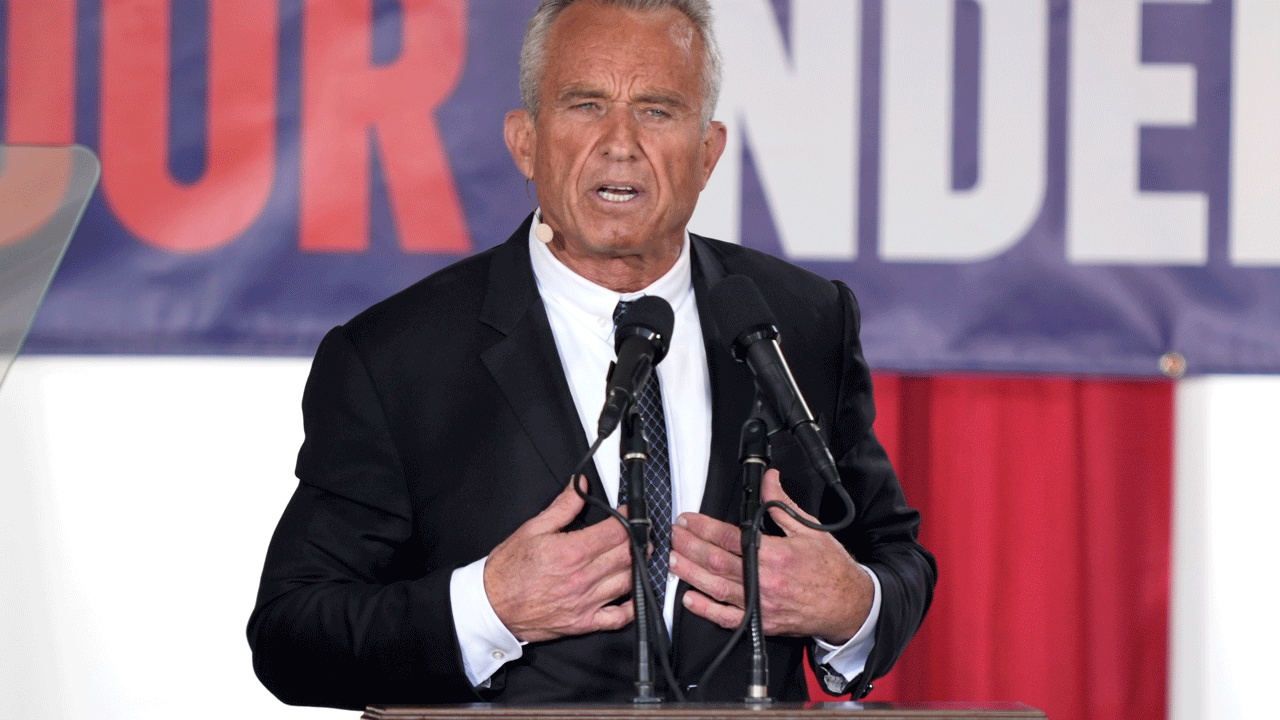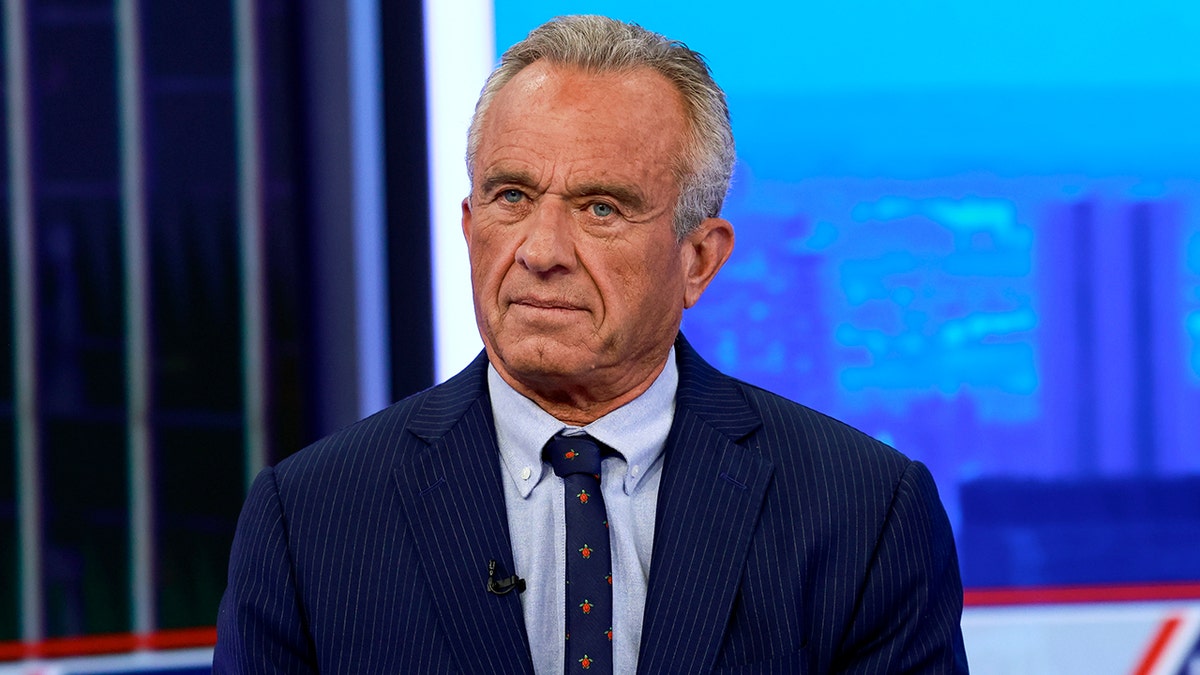Georgia Health Official Says RFK Jr.’s Disruptions Hinder COVID Vaccine Rollout
Robert F. Kennedy Jr.’s anti-vaccine activism has cast a long shadow over public health efforts, and a recent statement from a Georgia health official highlights the tangible impact of his rhetoric on the state’s COVID-19 vaccination campaign. The disruption caused by Kennedy’s misinformation campaigns, amplified through rallies and public appearances, is not merely a matter of opinion; it’s hindering progress in protecting Georgia’s population from the ongoing threat of COVID-19. This article explores the details of this claim and its implications for public health.
The Impact of Misinformation on Vaccine Hesitancy
A significant portion of the population remains hesitant or resistant to COVID-19 vaccination, fueled by a surge in misinformation and conspiracy theories. While numerous factors contribute to vaccine hesitancy, Kennedy’s prominent platform and his dissemination of false claims regarding vaccine safety and efficacy play a crucial role. His rallies and public statements directly challenge the scientific consensus, creating confusion and fear among susceptible individuals.
This is particularly problematic in Georgia, where vaccination rates have lagged behind national averages. The health official’s statement underscores the direct correlation between Kennedy’s activities and the challenges faced in reaching vaccination goals. The consequences extend beyond individual choices, affecting community immunity and the overall public health infrastructure.
Specific Examples of Disruption in Georgia
While the health official’s statement didn’t detail specific incidents, the broader impact of anti-vaccine rhetoric is evident in several ways:
- Erosion of Trust in Public Health Authorities: The spread of misinformation erodes public trust in health officials and scientific experts, making it harder to communicate accurate information and encourage vaccination.
- Increased Vaccine Hesitancy: Kennedy’s pronouncements directly fuel vaccine hesitancy, especially among those already susceptible to conspiracy theories. This translates to lower vaccination rates, leaving vulnerable populations unprotected.
- Resource Diversion: Public health officials are forced to spend valuable time and resources countering misinformation campaigns, diverting resources from other critical public health initiatives.
- Delayed Herd Immunity: Lower vaccination rates impede the achievement of herd immunity, prolonging the pandemic and increasing the risk of new variants emerging.
The Importance of Accurate Information and Public Health Campaigns
Combating misinformation requires a multi-pronged approach. This includes:
- Promoting accurate and accessible information: Public health agencies must proactively disseminate clear, evidence-based information about vaccine safety and efficacy through multiple channels.
- Addressing vaccine hesitancy directly: Targeted communication strategies are needed to address the specific concerns and anxieties of hesitant individuals.
- Fact-checking and debunking misinformation: Rapid and effective responses to misinformation campaigns are crucial to prevent their spread.
- Strengthening media literacy: Educating the public on how to identify and critically evaluate information sources is vital in combating misinformation.
Conclusion
The statement from the Georgia health official serves as a stark reminder of the real-world consequences of misinformation. Robert F. Kennedy Jr.’s anti-vaccine activism is not a matter of free speech; it’s actively hindering public health efforts and putting lives at risk. Addressing this challenge requires a concerted effort to promote accurate information, combat misinformation effectively, and rebuild trust in public health institutions. The health and well-being of Georgia’s citizens depend on it.
Frequently Asked Questions (FAQs)
Q: What specific claims has RFK Jr. made about COVID-19 vaccines? A: Kennedy has made numerous unsubstantiated claims, including allegations of harmful side effects and assertions that the vaccines are ineffective or even dangerous. These claims are contradicted by overwhelming scientific evidence.
Q: What is the role of social media in spreading misinformation about vaccines? A: Social media platforms have played a significant role in amplifying misinformation about vaccines, including RFK Jr.’s statements. The rapid spread of false information through these channels makes it challenging to counter effectively.
Q: Are there any legal ramifications for spreading misinformation about vaccines? A: While there are no specific laws directly addressing the spread of vaccine misinformation, statements that are demonstrably false and cause harm could potentially lead to legal action under defamation or other relevant laws.
Q: How can I protect myself and my family from misinformation? A: Rely on credible sources of information, such as the CDC and WHO websites, and be critical of information shared on social media. Learn to identify misinformation tactics and be wary of sensational headlines or claims lacking scientific evidence.
Q: What can I do to support COVID-19 vaccination efforts? A: Get vaccinated yourself, encourage others to get vaccinated, and support public health campaigns that promote accurate information about vaccine safety and efficacy. You can also volunteer your time to help with vaccination efforts in your community.




